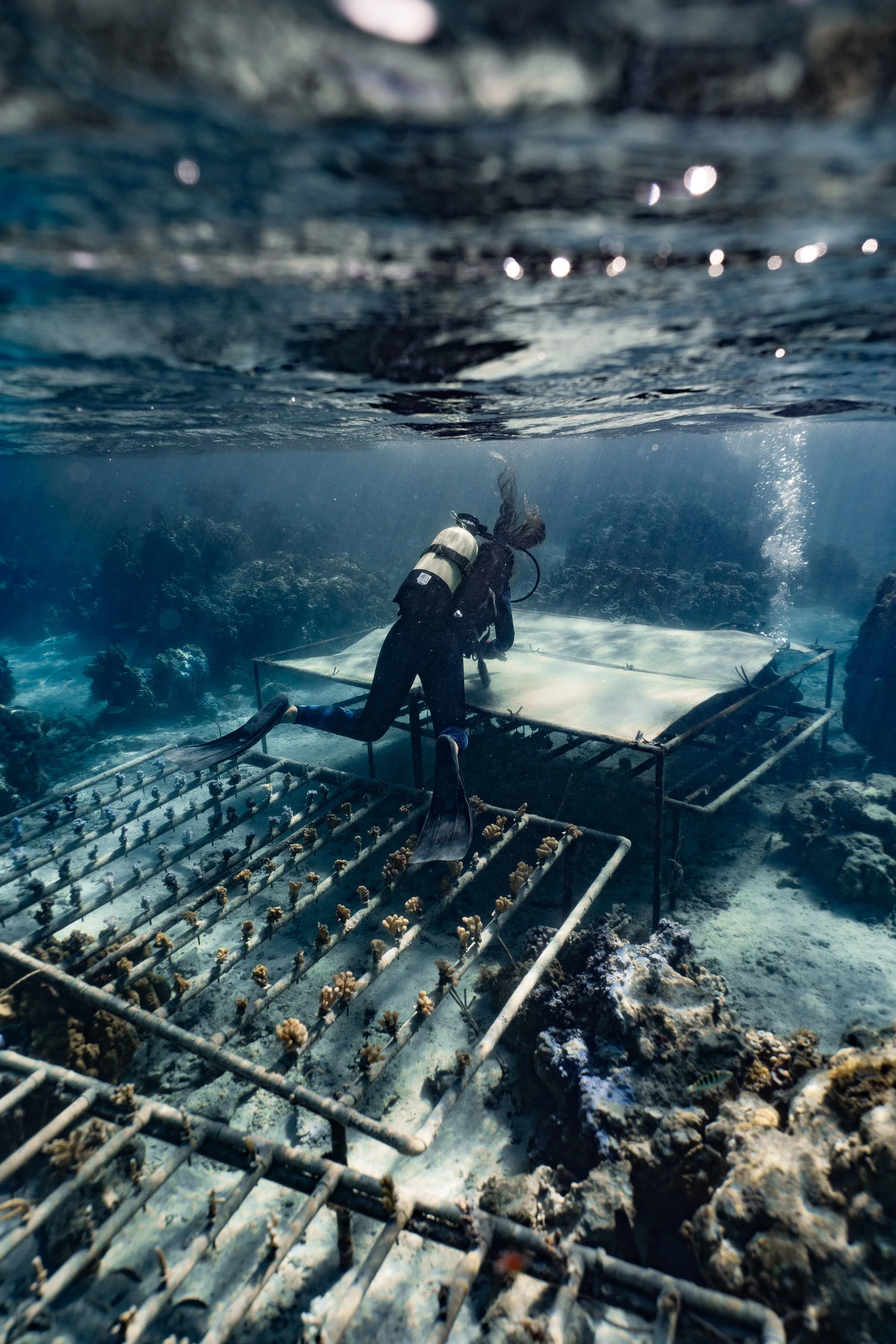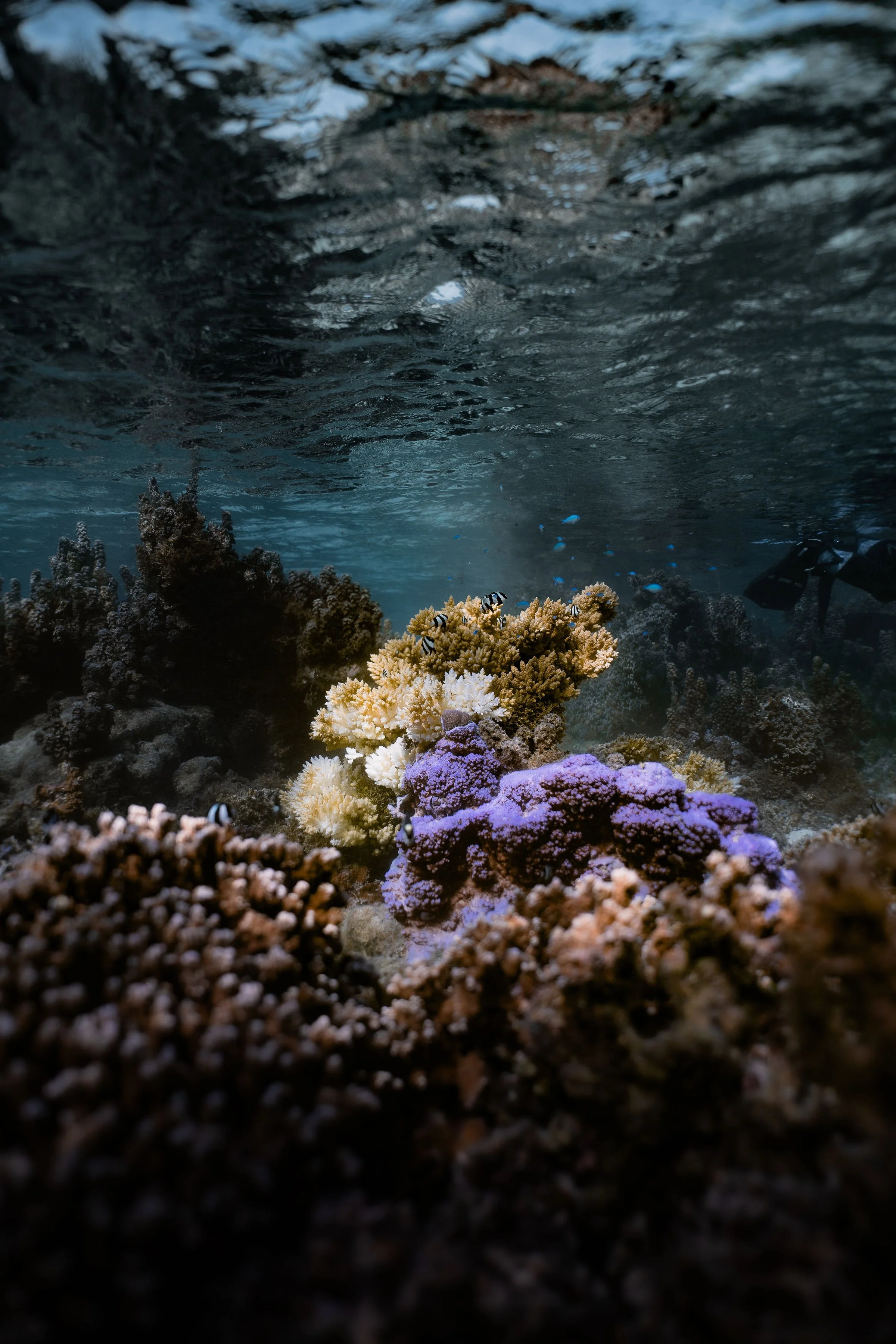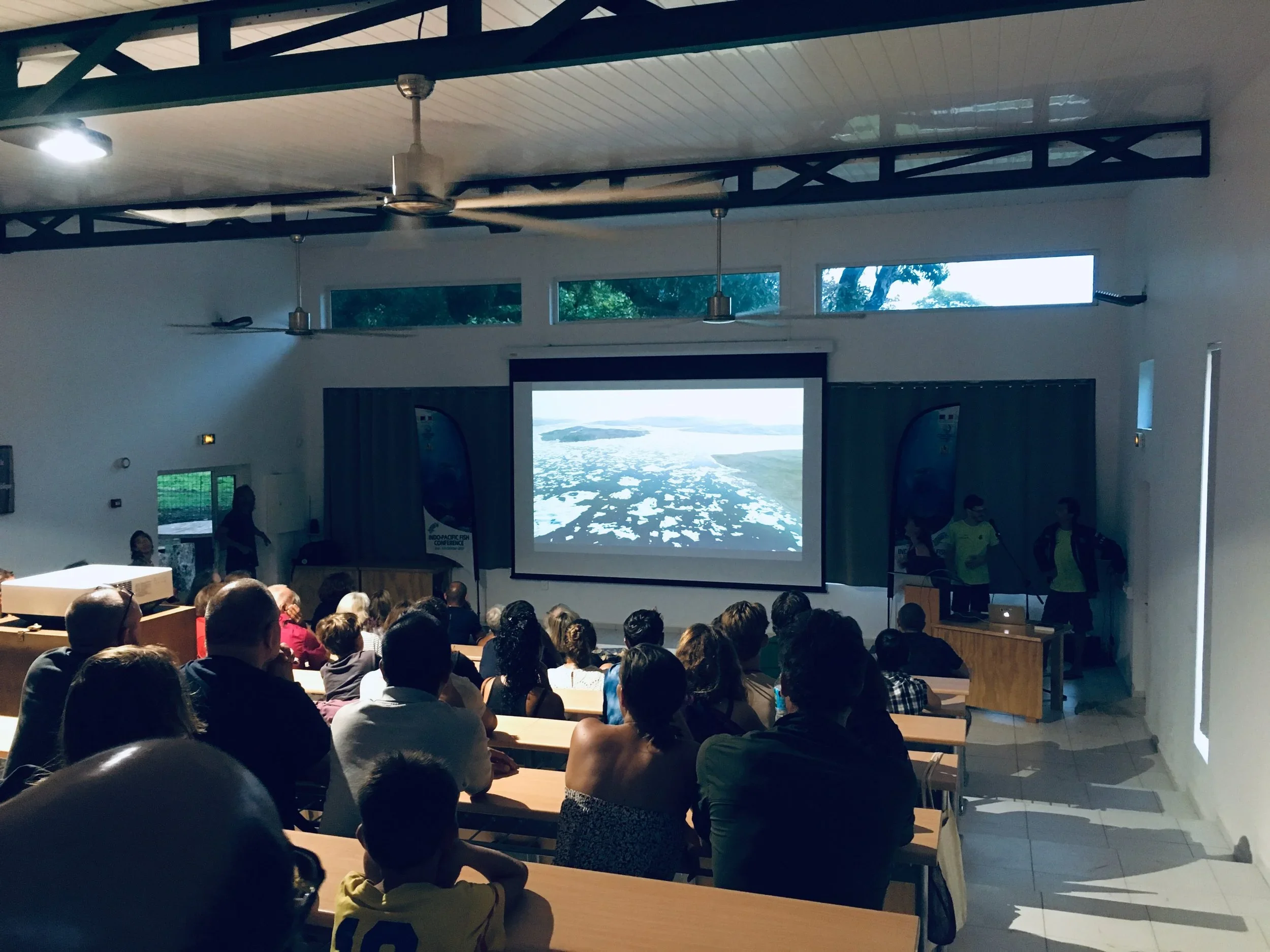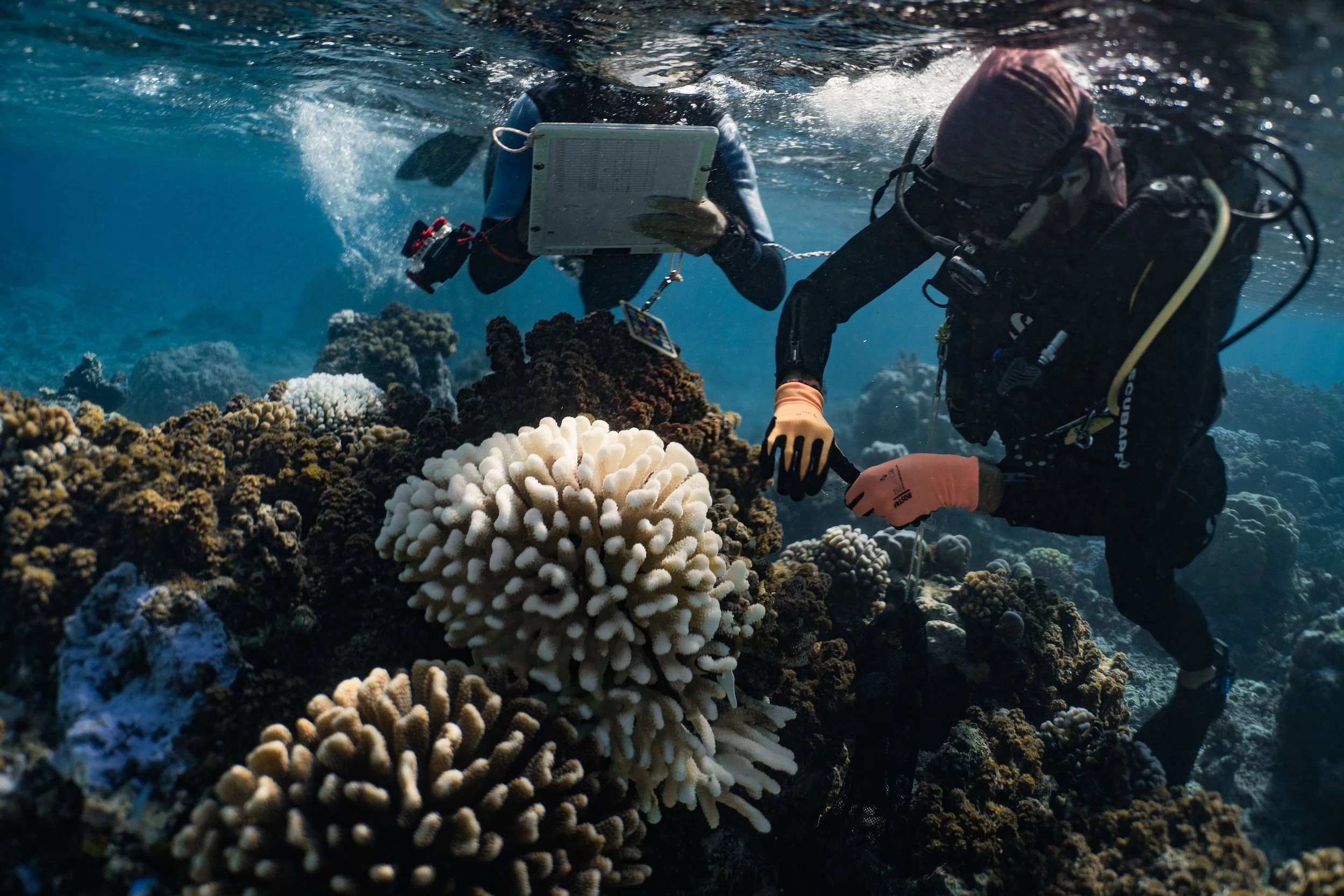Understanding and protecting the reef
The foundation is composed of researchers in reef biology and ecology with over 40 years of combined expertise in designing and publishing innovative and bold research. With more than 200 scientific articles published in peer-reviewed journals, the team leverages its expertise to push the boundaries of knowledge and feed the foundation’s actions using scientific data.
Discover a selection of our ongoing or fundraising projects:
Supporting research
-
Despite threats, some reefs remain spared. Located in deep waters, bay bottoms, lagoons, or zones under extreme environmental conditions, these reefs play — and will play — a critical role in the overall resilience of reefs. In this context, it is urgent to identify them, map them and evaluate their vulnerability. By combining citizen science and scientific exploration, these reefs will be identified and ecological studies of each will assess their capacity for resistance and resilience in the future.
-
Plastic pollution is ubiquitous, yet little information is currently available for reefs. The objective is to assess the degree of contamination and the impact of these wastes on early life-stages. A citizen science approach will be used to involve local populations in identifying contaminated areas and to study plastic – reef organism interactions.
-
The survival of young fish larvae is altered by climate change. It is urgent both to better understand whether the number of larvae decreases during thermal anomaly events, and whether larval quality is affected and impacts subsequent survival.
Communicating about the reef
-
Teachers will be invited to attend summer schools in France and in overseas territories to equip them with essential knowledge on reefs and/or help them refine their understanding of the challenges facing reefs and the key messages to relay to their students. The summer school will provide teachers with scientific tools, technical resources and documentaries reusable in the classroom.
-
Few people have the opportunity to swim in a coral reef and discover their incredible biodiversity. Yet these ecosystems are among the first to face disappearance due to climate change. Everyone must understand the importance of these ecosystems and the urgent need to protect them. Reef Explorers will offer immersion into the heart of reefs for citizens—through workshops, film screenings and conferences—in partner cities. From discovering reef biodiversity to marine-biologist careers, Reef Explorers will raise awareness of reef loss and aims to radically change how coral reefs are known and perceived to help their preservation.
-
Raising public awareness by transmitting critical scientific messages about reefs to all citizens through images that combine subtle messages provoking reflection and questioning at a glance is one of the foundation’s objectives. No one should remain indifferent to the loss of reef biodiversity.
Supporting policy-making
-
Some issues are critical for coral reefs. To encourage decision-makers to take ambitious actions to support reef biodiversity, working groups will be formed to identify the areas where efforts are required. One of the first advocacy efforts will focus on mesophotic reefs located in the depths of reefs where unsuspected biodiversity has been discovered. This biodiversity must be included in legislation and taken into account in actions implemented for reef protection.
-
Dialogue between scientists and policymakers must be two-way, and policymakers must also raise their questions and needs in order to make decisions with positive impact. To this end, an online platform will be created to allow policymakers to ask their questions and identify their needs for safeguarding reef biodiversity.
-
What solutions for reefs? Given the available research possibilities or pathways, decision-makers must be provided with syntheses and decision-making frameworks to guide the implementation of effective and truly positive-impact actions for reefs. The foundation’s Science-Policy Interface will play a role in creating this bridge between scientists and policymakers and in responding to policymakers’ needs in terms of knowledge and knowledge synthesis.





